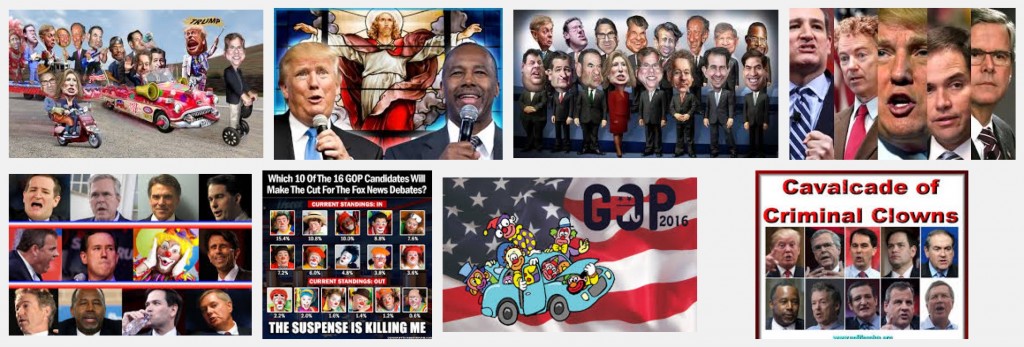
By some accounts the United States is undergoing an epidemic of (scary) clown sightings. For those who have been following the current election cycle — for what seems like years — this should come as no surprise. After all, a rather huge (or is it “yuuge”) one wants to be President.
That aside, this creepy game [for want of a better word] began in August in South Carolina, and has since spread to New York, New Jersey, Texas, Oregon, Florida and a host of other States.
I think author Stephen King has a lot to answer for.
Humor aside for a moment. A study on the nature of creepiness published in April 2016, ranks clowns as the most creepy occupation followed by taxidermist and sex shop worker; funeral director and taxi drivers rounded out the top 5. Many psychologists and anthropologists will find this result to be unsurprising — clowns, court jesters, jokers and village fools have been creeping out (and entertaining) audiences for thousands of years.
And, then of course, there’s an even more serious clown show going on at the moment, headed by a truly dangerous one — especially if you’re female:

From the Guardian:
The first person to spot a clown, the patient zero in the current epidemic of threatening clowns sightings spreading across the US, was a little boy at a low-income apartment complex in Greenville, South Carolina.
He ran to his mother, Donna Arnold, and told her what he had seen: two clowns in the woods, both brightly dressed and made up. One with a red fright wig and the other with a black star painted on his face. They whispered something to the boy.
“They were trying to lure him to the house,” his mother told me, pointing toward the woods.
A path into the woods led down into a shaded hollow, at the bottom of which was a small pond. Beside it sat a house that seemed abandoned. Someone had boarded up the windows, and the balcony sagged. New bags of potting soil sat near the basement door, though. And a modern security system looked recently installed.
After sunset a car approached the house; a gleaming white, new-model Mercedes that looked as out of place as any clown car. The driver stepped out and said she had recently bought the old house as an investment because it sits on five acres in an otherwise densely populated area. “You think it looks bad now, you should have seen it before I came in,” she said.
While we talked she wore an in-ear headset, so it wasn’t always clear whether she was speaking to me or someone on her phone.
No, she didn’t want to give her name, she said.
Yes, she had heard about the clown sightings.
Read the entire story here.
Images courtesy of Google Search.

